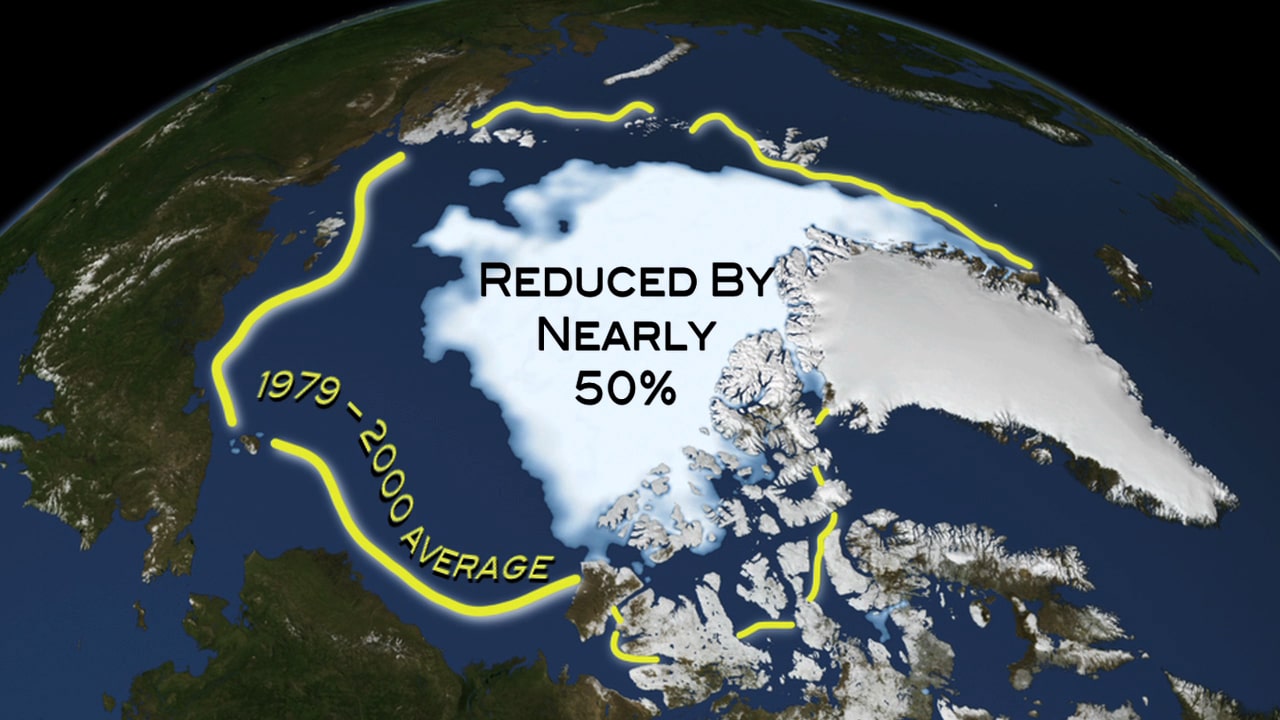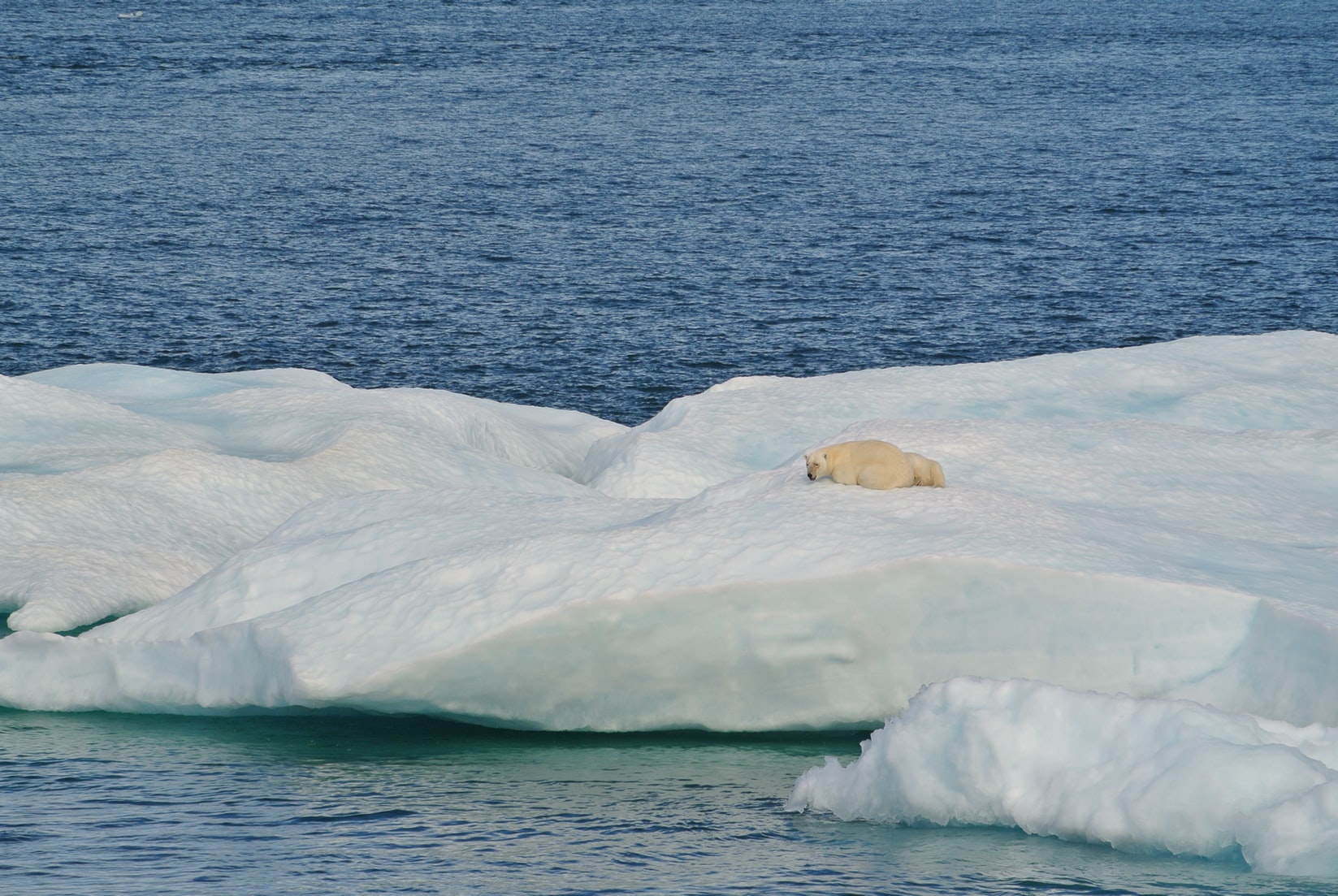
An ice-free Arctic is lurking on the horizon, as the global push for climate change awareness and action heats up so are things in the northern regions. Recent studies have predicted a continued reduction of Arctic sea ice until there will be periods throughout the year that it is no longer present.
According to research published in the journal, Nature Climate Change, the Arctic Ocean is predicted to be seasonally ice-free between 2044 and 2067. A small proportion of sea ice will remain around some coastal regions of Greenland but that is only if we cut current carbon emissions drastically. More studies suggest the loss of arctic sea ice to be much sooner and others predict it will last much longer. This study assessed over 20 models and seasonal melt patterns for the last 30 years to find some clarity between studies and reach a prediction that covers the middle ground.

The Arctic region will face many troubling effects if the ocean becomes seasonally ice-free. The most notably affected will be wildlife that relies on the ice for cover, habitat and feeding grounds. Melting of ice will drastically reduce habitat for polar bears, certain seal populations, walrus and even smaller organic organisms like algae.
The ocean is kind of like a glacier in recession; when the snow and ice melt the surrounding surfaces begin to warm much faster. Snow, being a lighter color, reflects much more solar radiation than land or the open ocean does. When the ice melts the water will warm much faster and lead to further melting of the surrounding ice. Warmer water will also reduce the ability of thicker ice to form during the winter months and lead to earlier seasonal melting.
On the current global warming track, the arctic region is about to face some major changes that animals, human communities and lower latitude populations will have to adjust to. Polar bear populations are already dwindling, record-breaking temperatures are being observed and the ocean temperatures have already begun to warm. Will arctic ice disappearance push this region beyond the tipping point?